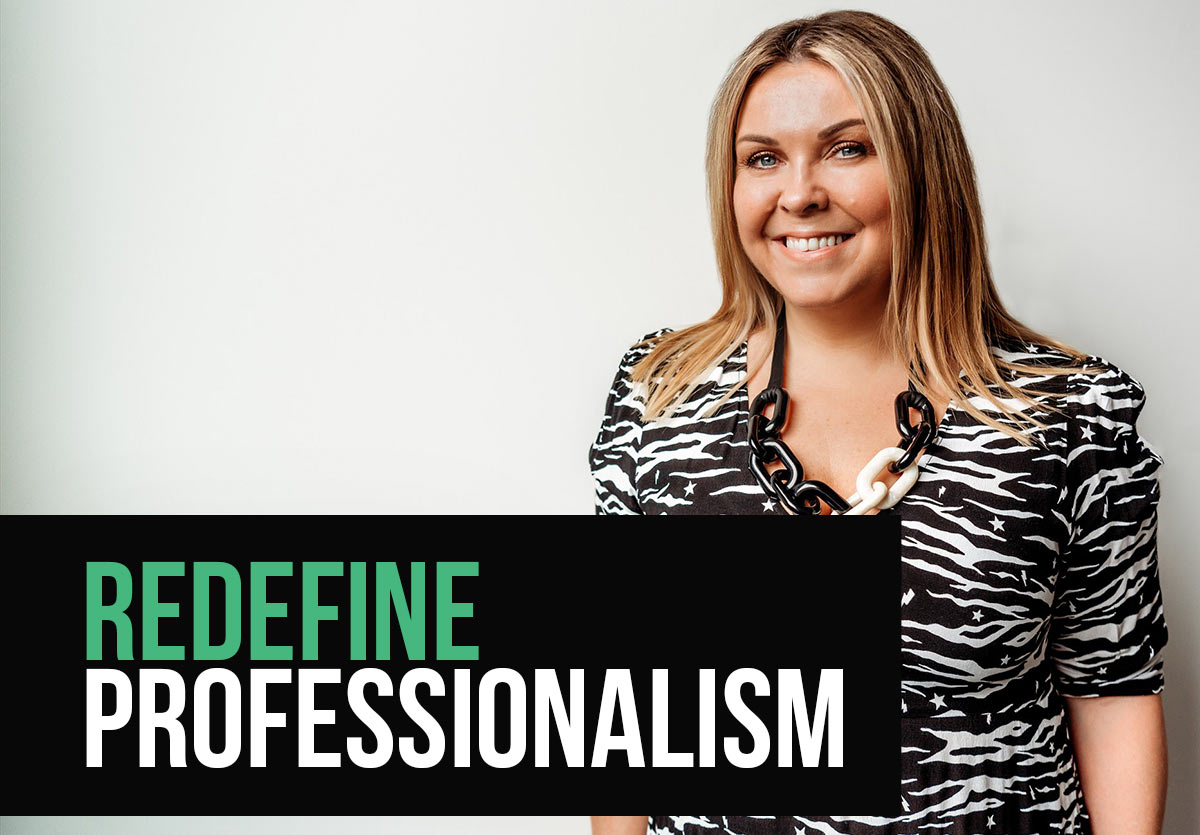I have been having lots of discussions with coaches this month about what professionalism means in coaching.
As coaches, we have been conditioned to associate professionalism with a certain image – the corporate attire, the rigid formalities, and the need to maintain a sense of objectivity.
However, the landscape of coaching is evolving, and it’s time we reconsidered our traditional notions of what it means to be a professional coach. At Paseda360 we teach coaches to work the whole coaching spectrum and so a diffferent approach is required, which is still highly professional.
In the past, coaches were expected to adhere to a set of prescribed guidelines that often stifled their creativity and authenticity. This approach created a barrier between the coach and the client, hindering the development of a genuine and trusting relationship. But today, there is a growing realisation that professionalism doesn’t have to mean sacrificing our true selves and conforming to a rigid mold.
Instead, we are now witnessing a shift towards co-creation of value and authenticity in coaching. Clients are seeking coaches who can connect with them on a deeper level, understand their unique experiences, and provide guidance that aligns with their individual values and aspirations. This demands a departure from the impersonal and objective stance often associated with professionalism, and a move towards a more collaborative and empathetic approach.
I greet every new client with a hug, regardless of job role, background, gender or otherwise. It tells me how willing they are to connect and it’s a good indicator of the inner work we need to do. It’s authentically me and I have yet to be deemed unprofessional. ????
Authenticity is a key component of effective coaching. When coaches embrace their true selves, they create a safe and non-judgmental space for their clients to explore their thoughts, emotions, and aspirations. By sharing our own stories, vulnerabilities, and personal insights, we establish a genuine connection that allows for deeper understanding and growth.
Clients are more likely to open up and trust a coach who is authentic and relatable, and this ultimately leads to more impactful coaching outcomes.
Professionalism, therefore, should no longer be confined to external appearances or rigid protocols. It should be redefined as the ability to create an environment of trust, empathy, and authenticity. Coaches should focus on developing their emotional intelligence, active listening skills, and the ability to be present and fully engaged with their clients. These qualities are far more valuable than a suit and tie or a predetermined set of coaching techniques.
Furthermore, as the coaching profession continues to grow and diversify, there is a need for coaches to embrace their unique backgrounds, perspectives, and expertise. The idea of professionalism should encompass the recognition and celebration of our individuality, rather than suppressing it. Clients come to us seeking guidance that is relevant to their specific contexts and challenges, and our ability to draw from our own experiences and knowledge adds tremendous value to the coaching process.
However, it is essential to strike a balance between authenticity and professionalism. While it is crucial to be true to ourselves, we must also maintain ethical standards and boundaries in our coaching relationships. It is essential to create a professional framework that respects client confidentiality, maintains appropriate boundaries, and upholds the highest standards of integrity. Authenticity should never be an excuse for unprofessional behavior or a lack of professionalism.
In addition to authenticity and ethical considerations, coaches must stay abreast of industry best practices and continue their professional development. Engaging in ongoing training, seeking supervision or mentorship, and staying connected to the coaching community are essential for maintaining professional growth and competence. As the coaching profession evolves, so should we, adapting and expanding our skills to meet the changing needs of our clients. We offer this in the Paseda360 Coach Club as we recognise how crucial it is.
In conclusion, the notion of professionalism in coaching is evolving, and it’s time we break free from the confines of outdated stereotypes. Authenticity, empathy, and the ability to co-create value with our clients are the new benchmarks of professionalism in coaching. By embracing our true selves and cultivating meaningful connections with our clients, we can foster an environment of trust and growth. Let us redefine professionalism as a celebration of our uniqueness and a commitment to ethical practice, as we continue to evolve and uplift the coaching profession for the benefit of all.







